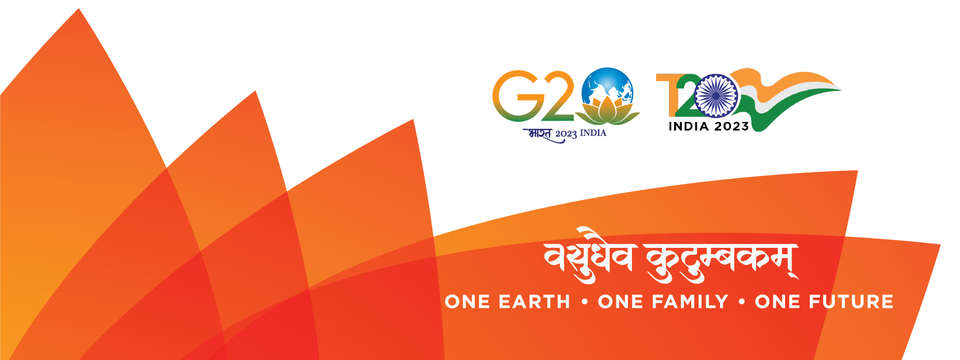
Driving Sustainable Consumption through Policy Innovations in Value Chains | ThinkTwenty (T20) India 2023 – Official Engagement Group of G20
May 29, 2023
Elisabeth Hoch and Max Tetteroo from Climate & Company, together with Rijit Sengupta, Chief Executive Officer of the Centre for Responsible Business, and Sabarish Elango, Programme Associate at the Council on Energy, Environment and Water (CEEW) prepared this policy brief on incentivising G20 sustainable consumption practices. We recommend that the G20 countries work together in bridging the intent-action gap to shift consumption patterns, and reform consumption and production behaviour by driving the following policy innovations in global value chains. The G20 can incentivise sustainable consumption by:
- Developing traceable standards to support the credibility of labels and claims.
- Underlining the need for consumption-based emissions accounting to hold individual and institutional consumers to account.
- Making global value chains inclusive and workable for all interested parties.
- Supporting and enabling regulatory actions to address greenwashing.
Read the full policy brief below, or on the T20 website here.
What is the ‘intent-action’ gap in sustainable consumption?
Many consumers want to buy sustainable and climate-conscious or environment-friendly products and services. However, the supply of such products and services remains limited. Further, despite awareness and consumers’ intention to choose sustainable options, sustainable purchasing is extremely restricted. To bridge this gap between intent and consumer practice we need policy innovations in global value chains.
What is the Think20 (T20)?
Think20 (T20) is an official Engagement Group of the G20. It serves as an “idea bank” for the G20 by bringing together think tanks and high-level experts to discuss policy issues relevant to the G20. T20 recommendations are synthesised into policy briefs and presented to G20 working groups, ministerial meetings, and leaders’ summit. This helps the G20 deliver concrete policy measures.
What is the Task Force 3: LiFE, Resilience, and Values for Wellbeing
Introduced by Prime Minister Modi at COP26, “Lifestyle for Environment (LiFE)” would entail a change in individual and societal behaviour with respect to sustainable consumption and production. The taskforce will deliberate on the need to create a mass movement for sustainable consumption, in which every citizen and stakeholder contributes to the green transition effort. You can find more information about the Task Force here.
